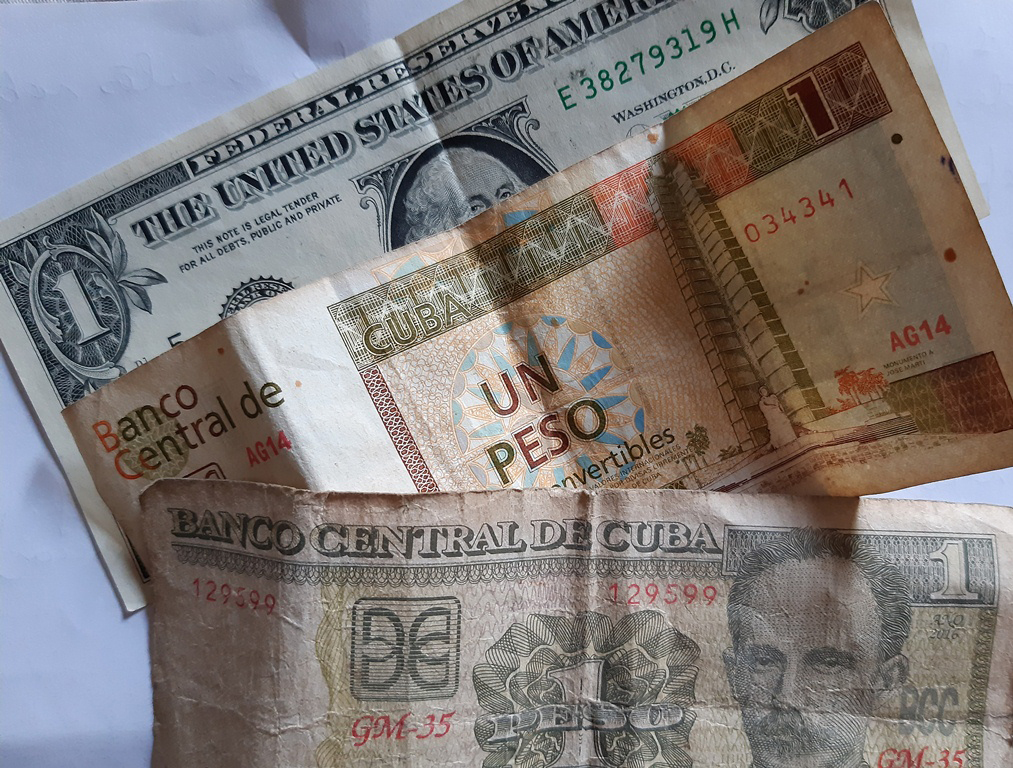
That popular maxim that everyone understands is also valid for how the complexity of the subsequent steps to monetary and exchange unification is assumed in this eastern Cuban province.
Las Tunas, Cuba.- At least, this is demonstrated by the results of the first analyzes carried out here on the progress of such an unprecedented process.
THE EFFECTS
26 days after Day Zero, the date on which a single exchange rate of the Cuban peso against the US dollar came into force, and the circulation output of the Cuban convertible peso (CUC) began, in Las Tunas it is already possible to point out some effects. The State, just in the Balcón del Oriente Cubano (Cuban Eastern Balcony), spent more than 200 million pesos to keep wages and pensions afloat in the face of the inevitable rise in prices.
However, this did not prevent the gaps from emerging between the quality of some subsidized state products or services until December and their new prices after January. This caused, for example, the percentages of teachers who consume school snacks to fall; or that still today only a little more than 50 percent of the clients of the Family Attention Service (SAF) are making use of these canteens.
Certainly, the number of job applicants in Las Tunas rose; however, the records of the Ministry of Labor and Social Security (MTSS) indicate that not all found it, and among those who took a position, only a tiny part obtained it in Agriculture. It is precisely in the furrow where the arms are most needed. In fact, right now in the province, government sources say that more than 89 thousand hectares are idle that would employ more than five thousand potential usufructuaries.
|
IMPORTANT!!! If those who do not work in Las Tunas, having sufficient physical and mental conditions to do so, were incorporated to work... They would create a wealth equivalent to all that the State paid here in salaries and pensions before Day Zero: More than 200 million pesos!!! |
After the analyzes made by the Provincial Government with the main food-producing companies in the territory, it was possible to lower the prices initially established for various high-demand goods such as meat and those derived from fishing or agricultural products.
However, the union leaders warn that the new salary scales, the prices in the workers' canteens, the elimination of seniority payments; together with the payments of the medical guards or the differences between the current stipends concerning the previous stimulation that were paid in CUC, are still the object of controversy among the workers.
ANSWERS AND LESSONS
"This process has a lot of political rationality," said Manuel Pérez Gallego, first secretary of the Party in the province. Both, his reflections and the opinions channeled through the trade union organizations indicate that the communication gears within the state entities are failing.
For this reason, the political and government structures have launched successive meetings with public entrepreneurs and private employees in the province. These forums have already involved more than 60,000 people from all municipalities, according to reports of the authorities.
“Right now - Pérez Gallego warned while addressing the main businessmen of the territory - each decision-maker must have the greatest possible clarity about the new regulations that came into force, no matter at what level they are.”
The number of people, who before the beginning of the Ordering Task received some type of training, the political leader criticized, does not correspond to the magnitude of the situations created in various labor groups due to the schematic interpretation of the economic measures taken by the country; or the absence of a timely explanation. "We cannot be afraid to say that we were wrong," he said.
“The country has embarked on a path of transformations that must be constantly evaluated," he concluded.





